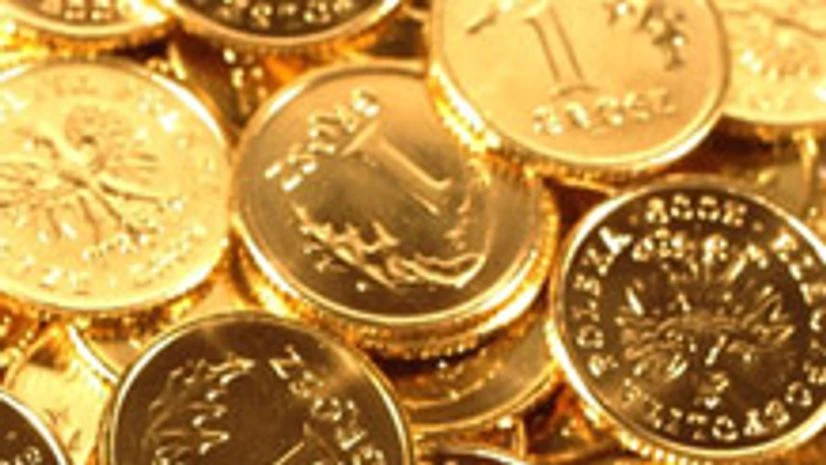In the quarter ended June, India and China together accounted for about 60 per cent to the global demand for gold. During the period, global demand fell 12 per cent.
Data compiled by Thomson Reuters and World Gold Council showed global demand stood at 856.3 tonnes during the quarter ended June, against 974.6 tonnes in the corresponding period last year. While jewellery demand rose 37 per cent to 575.5 tonnes, demand for gold bars and coins increased a staggering 78 per cent to 507.6 tonnes, against 285.9 tonnes in the year-ago period. The rise in physical demand was partly offset by the offloading of gold exchange-traded funds, which recorded an outflow of 402.2 tonnes, against none in the corresponding period last year. The rest of the global demand was accounted for by technology and net purchases by central banks.
Despite repeated increases in the import and excise duties by the government and the supply restrictions imposed by the central bank, consumer demand for gold in India jumped 71 per cent to 310 tonnes, compared with 181.1 tonnes in the year-ago period. With an emphatic 87 per cent rise during the quarter ended June, gold demand in China stood at 275.7 tonnes, against 147.7 tonnes in the corresponding period last year.
More From This Section
“The consumer market for gold was once again dominated by global leaders India and China, which together accounted for about 60 per cent of the global jewellery sector and about half of the total demand for bars and coins. On a year-to-date basis, total consumer demand (for jewellery, bars and coins) in both the countries is about 50 per cent more than in the corresponding period in 2012,” said Marcus Grubb, managing director (investment), World Gold Council.
In both the markets, the growth in demand during the June quarter was indicative of opportunistic buying, not just at the consumer level but also by traders, who availed of the opportunity to bolster stocks. In China, historically, there’s a tendency to buy into a rising trend. Also, the second quarter is traditionally a low point for gold, coming as it does after Chinese New Year-related purchases in the first quarter. The trend seen in the June quarter partly reflects the positive price expectations in the market, a view shared in India.
Both the Indian and Chinese markets saw an increase in the value of jewellery demand (about 30 per cent, in local currency terms), suggesting budgets were increased to make the most of the low prices. The positive response was enhanced by supportive conditions in both countries — a growing middle class, relatively high inflation/inflationary expectations and the cultural significance of gold.
The data for the June quarter confirms the fact that the case for investing in gold in China remains compelling---the poorly-performing stock market is not an attractive alternative investment and concern lingers on the possibility of a domestic credit crisis. Also, inflation, though much less a concern than in previous years, is rising. Most importantly, gold investment products are increasingly available and easily accessible.
“We see a notable dampening of demand in India over the coming months, more than normally expected during the usual third-quarter slowdown, as the market digests import regulation changes. Indications for the fourth quarter remain positive,” Grubb said.

)
